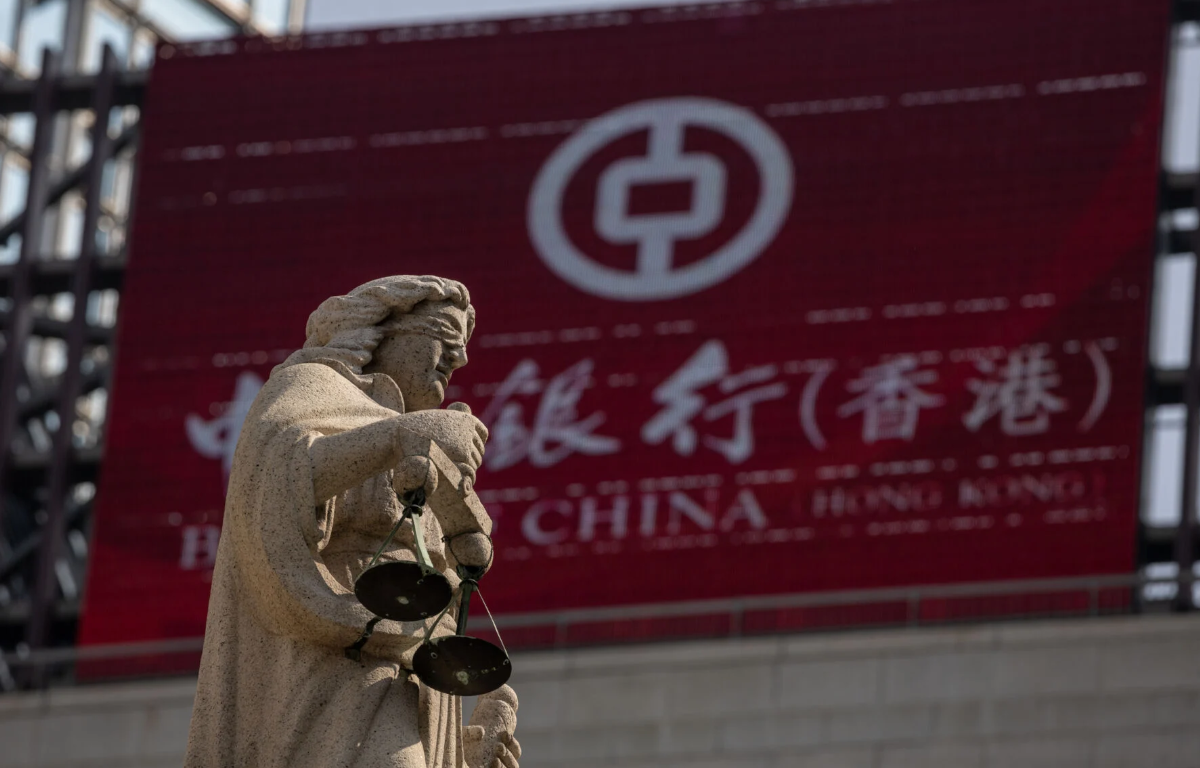
Hidden debt, often referred to as “off-balance-sheet debt” or “shadow debt,” arises from financial obligations not explicitly stated on a government’s official balance sheet. These obligations stem from public-private partnerships, local government financing vehicles (LGFVs), and other opaque financial arrangements. While these initiatives might stimulate short-term economic growth, the lack of transparency surrounding the associated debt raises concerns about long-term sustainability and broader economic impact.
The magnitude of China’s hidden debt remains elusive due to its secretive nature, with estimates reaching into trillions of dollars. The issue came to the fore after prominent defaults and debt-related crises among LGFVs, spotlighting the risks of off-balance-sheet financing and the potential for widespread economic fallout.
This hidden debt issue carries significant implications for China’s national economy. Financial stability is at risk, as defaults could lead to a chain reaction, impacting banks and financial institutions. Additionally, investor confidence may wane due to transparency concerns, potentially leading to reduced investments. Macroeconomic stability could suffer, impacting global economic dynamics given China’s international economic prominence. Furthermore, economic instability may spark social unrest, as dissatisfaction with local governance and the economic system grows.










Share this: